How you're forced to have Apple repair your busted iPhone display
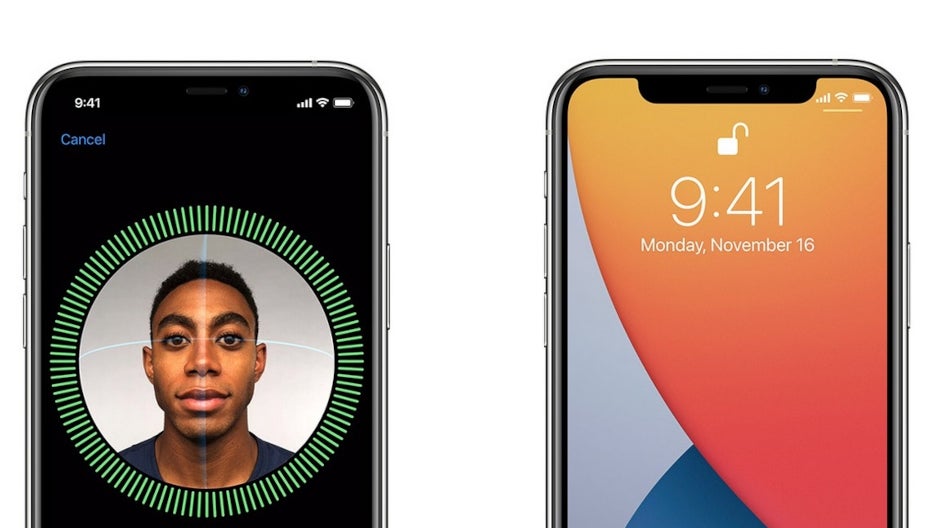
Apple has a way to force you to have your broken iPhone screen fixed by them instead of a third party. Let's say that your iPhone landed face down in a gravel pit and the screen has been severely shattered. If you have AppleCare+, it will cost only $29 to replace. But if you don't have coverage and Apple denies your warranty claim (cracked screens are generally not covered), it can cost you as much as $329 to replace the display on the iPhone 11 Pro Max, iPhone 12 Pro Max, or iPhone 13 Pro Max.
If he is not covered by insurance or a warranty, the consumer's first thought will be to save money by doing the repair himself, or by going to one of the many third-party phone repair stores that have popped up in small and medium-sized cities. But taking your iPhone to a third-party repair shop can cost you access to Face ID. Phone Repair Guru (via 9to5Mac) posted a video on YouTube yesterday and it revealed something interesting.
Apple uses Face ID as leverage in order to force users to use its own repair service to fix busted iPhone screens
If you were to have a third-party repair ship repair or replace some parts on an iPhone 13 model such as the proximity sensor, the microphone, or the ambient light sensor, everything will work as expected. Try that with the handset's display and you'll get a less than welcome response as the phone will no longer be able to use Face ID. The screen will also say "Important Display Message. Unable to verify this iPhone has a genuine Apple display."
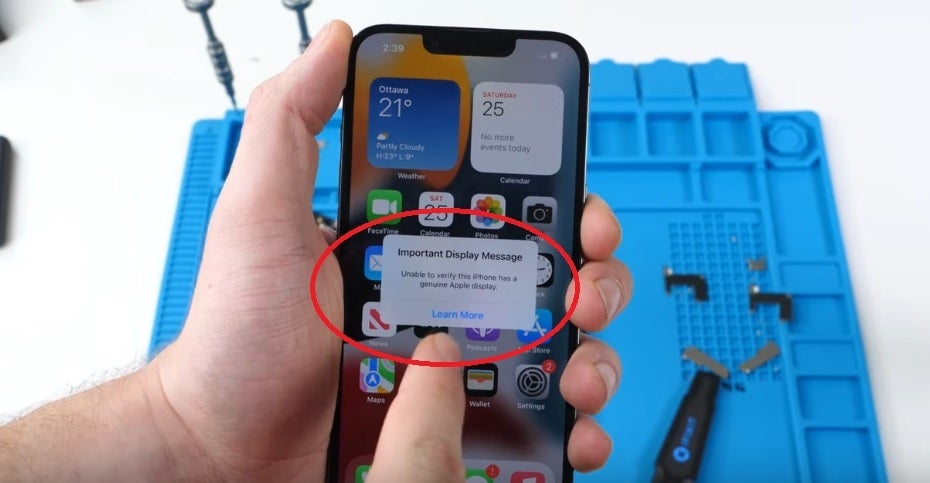
Apple alerts users when a screen repair done by a third party disables Face ID
Using Face ID as leverage, Apple makes sure that any screen repair is routed through Apple's own repair center or an authorized Apple repair center. All of this comes just comes a couple of months after the FTC voted to give consumers certain rights when it comes to repairing products.
As the FTC said back in July, "While unlawful repair restrictions have generally not been an enforcement priority for the Commission for a number of years, the Commission has determined that it will devote more enforcement resources to combat these practices...the Commission (in 2019) uncovered evidence that manufacturers and sellers may, without reasonable justification, be restricting competition for repair services in numerous ways, including: imposing physical restrictions (e.g., the use of adhesives); limiting the availability of parts, manuals, diagnostic software, and tools to manufacturers' authorized repair networks."
Phone Repair Guru mentioned that there is a workaround that will allow a third-party repair shop to replace a damaged screen without Apple knowing about it. However, it requires a complex procedure involving the transferring of some chips from the old screen to the new screen, a process that is considered "sophisticated."
A couple of years ago, you might recall that Apple claimed that it was losing money on its repairs. The small independent repair shops called that claim "absurd" considering that Apple wouldn't be subject to the markup on components that they are required to pay.
Apple always has a trick up its sleeve when it comes to repairs
Apple always seems to have a trick up its sleeves. Remember when as a result of #batterygate Apple promised to discount the cost of replacing the batteries on an out-of-warranty iPhone from $79 to $29? That 63% discount made it hard to get a Genius Bar appointment at the Apple Store. But Apple also played dirty pool. In the U.K. Apple refused to honor its commitment to replace the batteries at the discounted price on iPhone units that had other issues until those other issues, usually more costly to fix, were repaired.
For example, back in 2018, an iPhone owner named Josh Landsburgh sent his iPhone to Apple to have the battery replaced at the discounted price. Apple refused to honor its promise unless he first fixed a minor ding on the phone's casing for the equivalent of $339. Apple also claimed that there were problems with the handset's microphone and speaker that needed to be repaired first before it would allow him to take advantage of the discounted price to replace the battery.
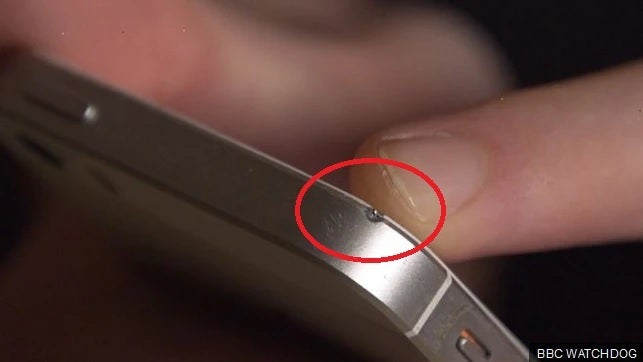
Apple refused to honor its discounted battery replacement price unless the owner of this phone spent $339 USD to repair this ding
As it turned out, an independent specialist found nothing wrong with the phone's microphone and speaker.
Follow us on Google News






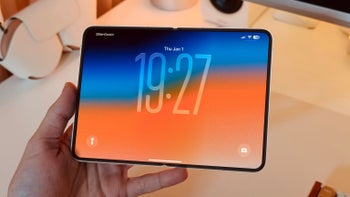
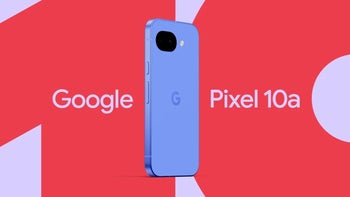
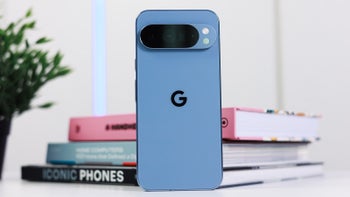
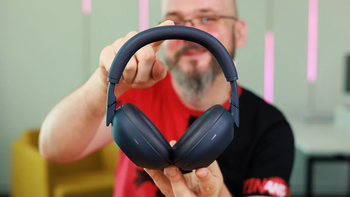
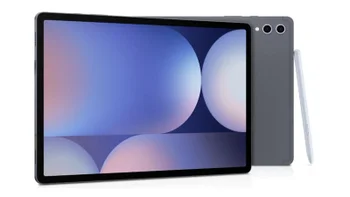
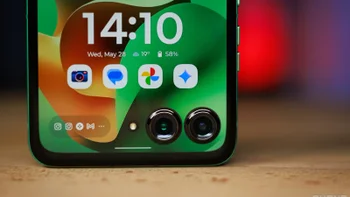
Things that are NOT allowed:
To help keep our community safe and free from spam, we apply temporary limits to newly created accounts: